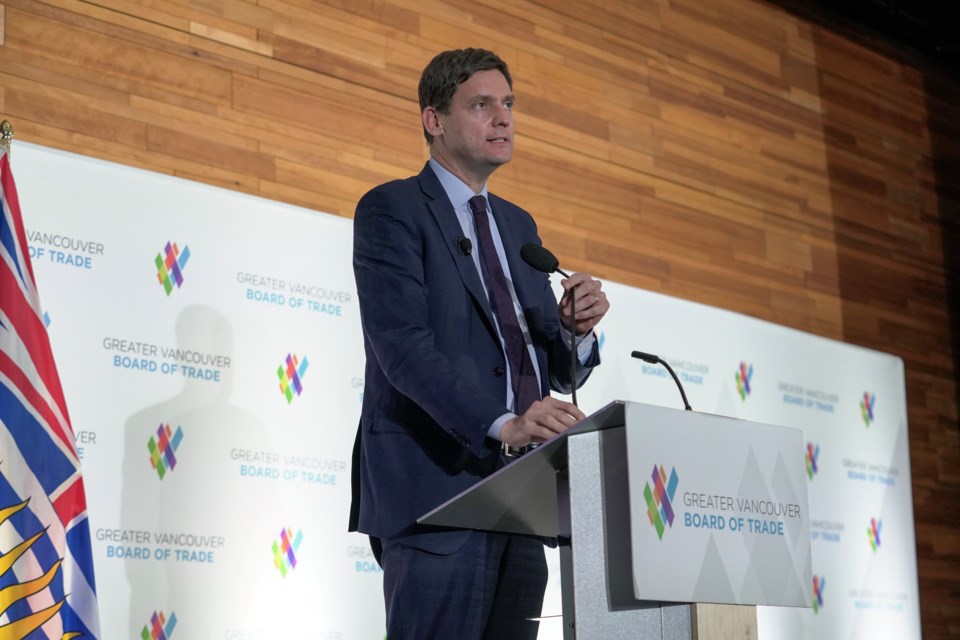The recent move by BC United to suspend its campaign, essentially clearing the way for a two-party race in this fall’s provincial election, made headlines across British Columbia. But another recent event, which failed to garner much media attention, included some jaw-dropping numbers that will impact provincial finances for years to come.
Last week, the Eby government released its year-end report for the 2023-24 fiscal year. Unfortunately for British Columbians, provincial finances went from bad to worse as the government ran a larger-than-projected budget deficit and accumulated significant debt.
First, let’s take a closer look at the government’s budget – Premier David Eby’s first official budget as premier – which projected a $4.2-billion operating deficit for the 2023-24 fiscal year (the government expected to spend $81.2 billion while only bringing in $77.7 billion in total revenues). For context, in its last budget the Horgan government had also planned to run a $4.2-billion deficit in 2023-24, but expected to take in $7.5 billion less in revenues. Put differently, the Eby government could have ran a budget surplus if it stuck to Horgan’s spending plan. Instead, the Eby government chose to spend away that $7.5 billion.
Given that per-person (inflation-adjusted) program spending was already at its highest level since 1965 (the earliest year of available data) under the Horgan government in 2021 (even excluding COVID-related spending), that’s a massive influx of new spending.
Now, the year-end report shows that the Eby government increased spending even further – $3.5 billion more than its original plan in the 2023 budget. Overall, it ran a $5-billion operating deficit in 2023-24, despite once again taking in more revenues ($1.9 billion) than it had originally planned. Again, the government chose to spend away every single dollar of extra revenue, and then some.
And the eye-popping deficit is only part of the picture as longer-term spending on things such as schools, highways and bridges, isn’t included. After accounting for long-term spending on capital projects, the B.C. government accumulated $11.3 billion in net debt (total debt minus financial assets) in a single year from fiscal 2022-23 to 2023-24. Government debt must ultimately be financed by taxpayers who spent $3.3 billion in debt interest payments in 2023-24. That’s money no longer available for programs such as health care or education.
According to the Eby government, “with a slower world economy and a growing population, we cannot afford to have a deficit of services. When we provide the services and support people need to have a good life, it makes our economy stronger and more resilient.”
You might be able to justify higher spending if it improved programs and services for British Columbians – but it hasn’t. In fact, despite substantial increases in spending in recent years, the province’s health-care wait times have increased and student test scores have declined. Put differently, according to key indicators, B.C.’s performance on health care and education – the two largest areas of government spending – have worsened despite higher spending.
Higher spending also hasn’t paid off for the B.C. economy, which is stagnating. The province’s per-person GDP, a broad measure of living standards, is expected to be lower this year than in 2018. And the Eby government expects negative growth in per-person GDP this fiscal year.
Unfortunately for British Columbians, the latest year-end report on B.C.’s finances shows the Eby government took a bad fiscal situation and made it worse with higher spending and an even larger budget deficit. The next government, whoever that may be, must deal will this fiscal mess.
Tegan Hill and Grady Munro are economists with the Fraser Institute.




